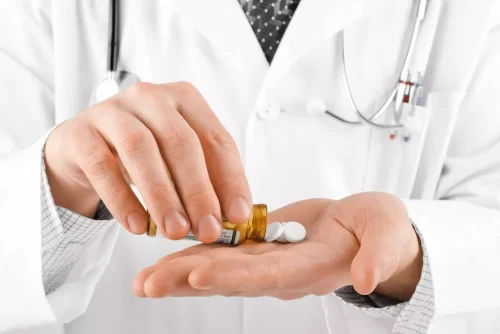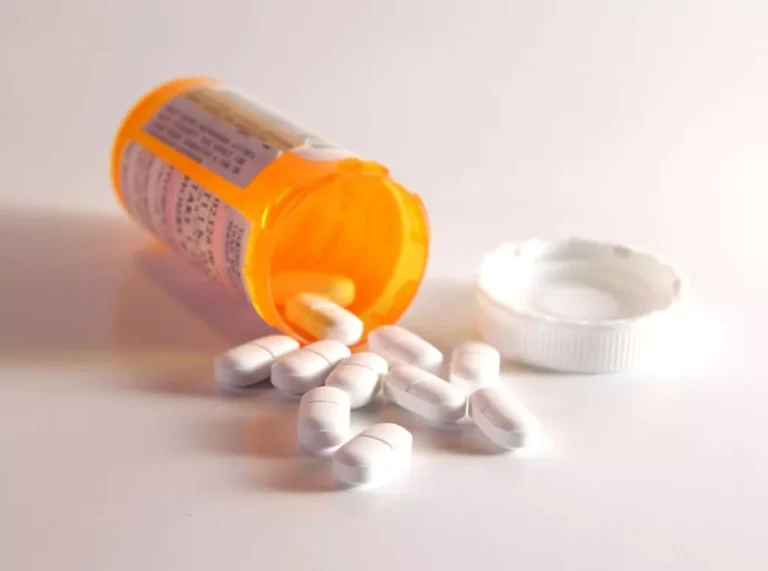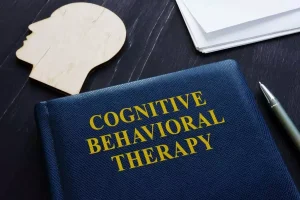Alcohol use disorder Diagnosis and treatment

One of the key reasons, according to the data, is that people continue to participate for years after they have completed the 12-step program. AA is not for everyone and there are https://ecosoberhouse.com/ plenty of different treatment options, but it can be successful and meaningful for those who choose it. Binge drinking is behavior that raises blood alcohol levels to 0.08%.

Heart medication shows potential as treatment for alcohol use disorder
Alcoholics Anonymous is one example; it offers a structured 12-step path toward recovery with a community of support from those who have dealt with similar challenges. In some cases, the first step in treating alcohol use disorder is detoxification—experiencing withdrawal in a safe setting with medical professionals. As anyone who has had even a glass of wine why is alcohol addictive can attest, alcohol can have a noticeable influence on mood. Drinking releases endorphins which can lead people to feel happy, energized, and excited. But alcohol is also classified as a depressant and can cause fatigue, restlessness, and depression. It may shift from stimulant to sedative in line with whether blood alcohol content is rising or falling.
What Happens When You Drink Alcohol Every Day?
- Not everyone gets the same access to screenings for alcohol use.
- You don’t need to have every one of these signs to have alcohol poisoning.
- If you fall into this group, alcohol causes a dramatic shift in your personality.
- Working with an addiction or intervention specialist can often be helpful, but some people arrange interventions on their own without professional help.
Your answers can help a doctor understand if you have AUD, and whether it’s mild, moderate, or severe. Your health care provider or mental health provider will ask additional questions based on your responses, symptoms and needs. Preparing and anticipating questions will help you make the most of your appointment time. Many people with alcohol problems and their family members find that participating in support groups is an essential part of coping with the disease, preventing or dealing with relapses, and staying sober. Your health care provider or counselor can suggest a support group.

Classifications of Alcohol Use Disorder
- Providing education, job training and employment connections, supportive housing, physical activity, and social integration in families and the community can all help individuals stay in remission.
- Moderate and severe withdrawal syndromes can include hallucinations, seizures, or delirium tremens; the latter two can be life-threatening.
- There’s no medical test that proves you have a drinking problem.
- Heavy drinking also has been linked to intentional injuries, such as suicide, as well as accidental injury and death.
- Perfectionistic tendencies and a need to control chronic stress can also trigger disordered behaviors.
Alcohol addiction may involve several different treatment methods. It’s important that each person get involved in a recovery program that will support long-term sobriety. This could mean an emphasis on therapy for someone who is depressed, or inpatient treatment for someone with severe withdrawal symptoms. Too much alcohol affects your speech, muscle coordination and vital centers of your brain.

Drugs & Supplements
Half of those are due to heavy drinking, while the other half result from accidents caused by drinking. You don’t need to have every one of these signs to have alcohol poisoning. It affects people differently but can become life-threatening very quickly. Let your loved ones know that if they see any of these symptoms, they should call 911 or get you to a hospital right away. AUD treatment is usually centered on abstinence — getting you to completely give up alcohol.

Understanding Alcohol Use Disorder
- The evidence for moderate alcohol use in healthy adults is still being studied.
- There are many organized programs that provide the support of peers, usually through frequent meetings.
- If your provider suspects that you have a problem with alcohol, you may be referred to a mental health provider.
- Drinking releases endorphins which can lead people to feel happy, energized, and excited.
What are the symptoms of alcoholism?
Deciding about drinking
- AUD treatment is usually centered on abstinence — getting you to completely give up alcohol.
- Be open with others about what you’re experiencing so they can support you as you work to become sober.
- BetterHelp can connect you to an addiction and mental health counselor.
- Repeating the same action until it becomes an automatic response forms habitual behaviors.
